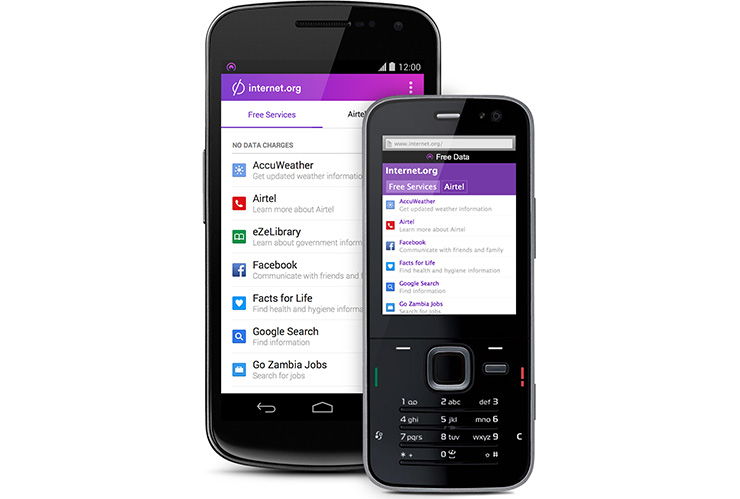
To encourage more users in Africa to connect to the Internet, Facebook-supported Internet.org has begun offering free access to 13 so-called basic services, including Wikipedia, Google Search and Facebook, in Zambia. Airtel, an African telecom provider, subsidizes the data charges as a way to help persuade people to see value in access to the Internet and to encourage users to subscribe to access the entire World Wide Web.
The users that Facebook has attracted in Africa are mostly young — 75% are under 25 years of age — and as we have already noted are connecting by means of feature phones, smartphones and tablets. Desktop computers account for just 5% of Internet access in Africa.
Facebook is certainly playing the long game here. Attracting young users and tying them to the ecosystem earlier helps ensure that they will be users for a long time. Facebook and the other services are also willing to wait for what may be a long time to get any payback.
According to the Interactive Advertising Bureau (IAB), global mobile advertising revenues reached $19.3 billion in 2013. Of that just $225 million came from the Middle East and Africa. With a billion people on the continent, the opportunity for growth is substantial, and the preponderance of mobile devices used to access the Internet signals that as more users sign on, mobile ad revenues and rates are likely to increase.
A Facebook executive told Reuters that Europe, the Middle East and Africa make up about 30% of the company’s global revenue and that Facebook’s global mobile advertising revenue rose 150% in the second quarter of 2014.
ALSO READ: Top 5 Internet Stocks to Buy From Wall Street Analysts
Thank you for reading! Have some feedback for us?
Contact the 24/7 Wall St. editorial team.





